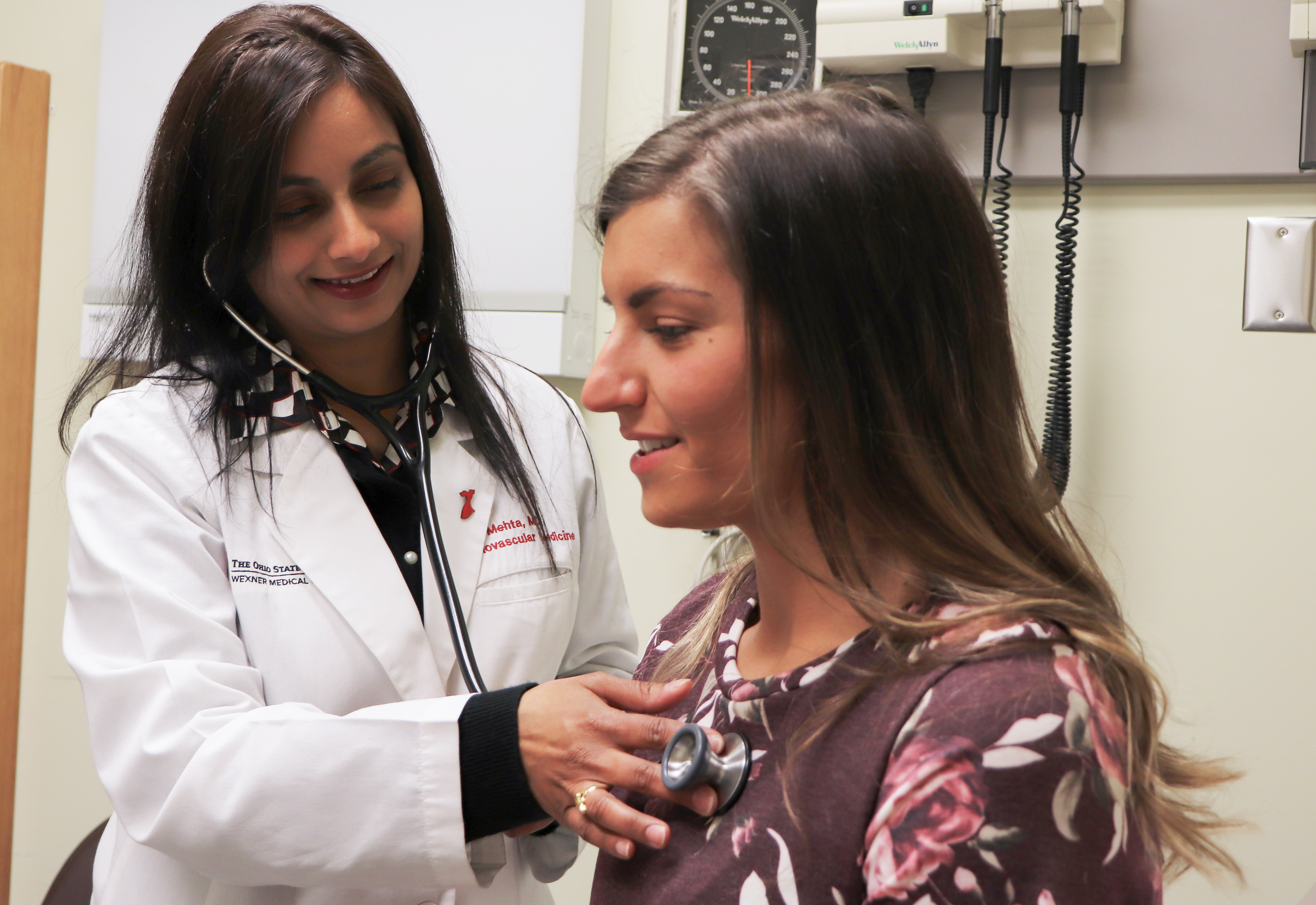A new class of drugs designed to target specific strains of gut bacteria could reduce the risk of cardiovascular events without disrupting the delicate microbial balance in the intestines, according to research conducted at the Cleveland Clinic. The study – which was published in the journal Nature Medicine – detailed how these new drugs can inhibit bacteria from producing a harmful, heart disease-associated compound without killing the microorganisms. This mode of action is in contrast to traditional broad-spectrum antibiotics which kill pathogenic bacteria along with many strains of beneficial bacteria.
The drugs developed by the Cleveland Clinic research team were designed to target a bacterial byproduct known as trimethylamine N-oxide (TMAO). By reducing the amount of TMAO produced in the gut of mice, the researchers found that the animals showed decreased platelet responsiveness and fewer clot formations, both of which are risk factors for cardiovascular disease.
“To our knowledge, this is the most potent therapy to date for ‘drugging’ the microbiome to alter a disease process. In addition, gut bacteria are altered but not killed by this drug, and there were no observable toxic side effects,” said Dr. Stanley Hazen, a cardiologist at the Cleveland Clinic. “The approach developed could potentially be used to target other gut microbial pathways. We look forward to advancing this novel therapeutic strategy into humans.”
TMAO concentration in the blood of patients has acted as a predictive biomarker for their risk of experiencing a heart attack, stroke, or death due to a cardiovascular event. Hazen’s team was among the first to conduct research into TMAO’s role as a biomarker and their findings contributed to the measure being used in clinical practice.
The metabolite is produced when certain strains of gut bacteria are exposed to compounds found in meat and dairy products, including choline, lechithin and carnitine. The bacteria release TMAO as a result of digesting these nutrients, which has a stimulating effect on the clotting response and increases an individual’s risk of heart attack and stroke.
To combat this effect, Hazen’s team developed a new drug class known as mechanism-based inhibitors, which are similar in structure to choline. Microbes capable of metabolizing choline take up the inhibitors which block choline utilization protein C (cutC), an enzyme critical for the production of TMAO.
In the animal study conducted by Hazen and his colleagues, the researchers found their mechanism-based inhibitors were not only effective at reducing TMAO, but were also long-lasting. Just one oral dose of the drug produced prolonged TMAO-inhibitory effects measured by blood levels of the metabolite for as many as three days. Unlike other anti-platelet therapies which increase bleeding risk in patients, the inhibitor drugs reduced platelet function and clot formation without substantially increasing the likelihood that a person would experience an uncontrolled bleeding event.
What’s more, the researchers reported that their inhibitor drugs would be unlikely to contribute to the growing problem of antibiotic resistance as they only inhibit certain metabolic processes in the bacteria without killing them. However, as the new drug class has only been tested in preclinical animal studies, more research will need to be done to confirm the safety and efficacy of the inhibitors before they can be used to prevent the over 600,000 heart disease-related deaths in the US each year.












Join or login to leave a comment
JOIN LOGIN